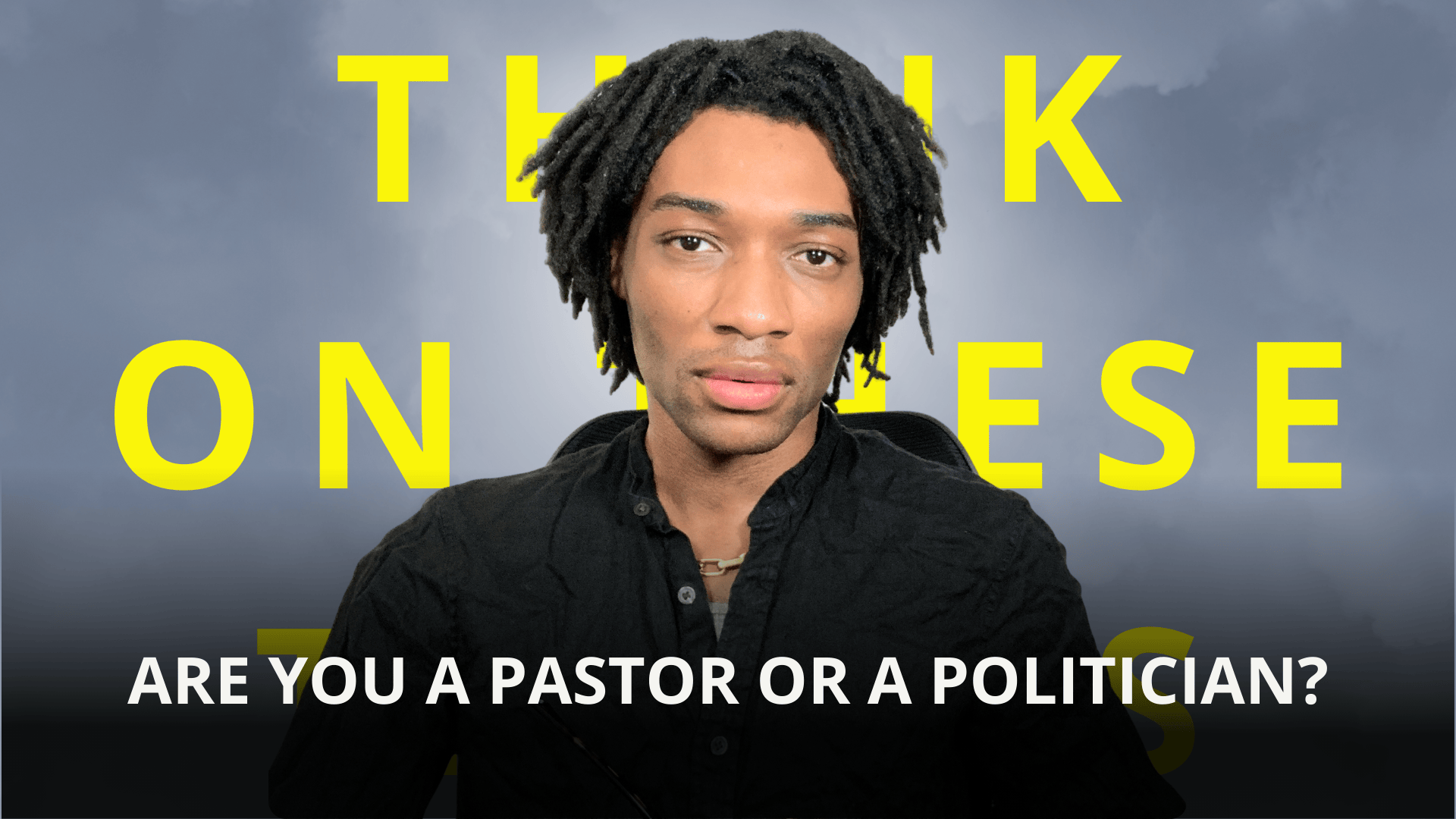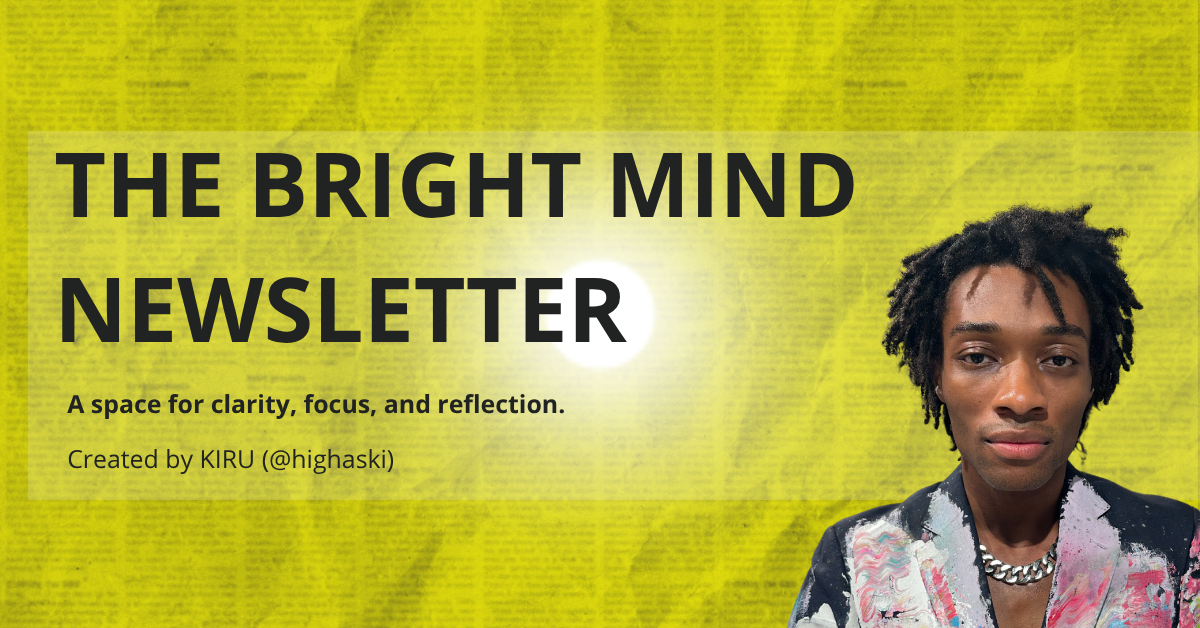Why Do You Think Everyone Agrees With You? The Psychology of False Consensus
This common cognitive bias makes us overestimate how much people share our beliefs — and it has a huge impact on our modern lives.
Have you ever been shocked to discover that a friend holds a completely different political view, or that your colleagues didn't love the movie you thought was a masterpiece? You might have assumed your opinion was the popular one, the obvious one. This experience isn't just a simple misjudgment; it's a well-documented psychological phenomenon known as the False Consensus Effect. It's a cognitive bias that causes us to overestimate the extent to which other people share our own beliefs, attitudes, values, and behaviors. At its core, it's the brain's flawed assumption that our own perspective is the "default" or "normal" one, leading us to believe we're living in a world of mirrors when we're actually surrounded by unique windows.
Understanding this bias is crucial because it quietly shapes our social reality. It influences everything from the friends we choose and the arguments we have to the political candidates we support and the products we buy. It can foster a sense of belonging but can also breed intolerance, fuel polarization, and lead to significant errors in judgment in our personal and professional lives.
The "Eat at Joe's" Experiment
The False Consensus Effect was formally identified and named in the 1970s, a period when psychology was increasingly focused on the cognitive shortcuts our minds use to navigate a complex world. The groundbreaking research was conducted by social psychologists Lee Ross, David Greene, and Pamela House at Stanford University. Their seminal 1977 paper detailed a series of clever studies, the most famous of which has become a classic in the field.
In this study, the researchers approached Stanford undergraduates with a hypothetical scenario. They asked students if they would be willing to walk around campus for 30 minutes wearing a large sandwich-board sign that read "Eat at Joe's." After each student either agreed or refused, they were asked to do two things: 1) estimate what percentage of their peers would also agree to wear the sign, and 2) describe the personal attributes of someone who would agree versus someone who would refuse.
The results were a clear demonstration of the bias.
Of the students who agreed to wear the sign, 62% believed their peers would also agree.
Of the students who refused to wear the sign, only 33% believed their peers would agree.
Both groups projected their own decision onto the majority. Furthermore, they made more extreme assumptions about the personalities of those who made the opposite choice. Those who agreed to wear the sign might describe a refuser as "uptight" or "humorless," while those who refused might describe a participant as "weird" or an "exhibitionist." This revealed a key consequence of the bias: we don't just think people agree with us; we tend to pathologize or negatively judge those who don't.
From Simple Bias to Social Echo Chamber
In the decades since Ross and his colleagues' initial research, our understanding of the False Consensus Effect has become more nuanced. Initially viewed as a simple error in judgment, it's now understood to be driven by several interconnected psychological mechanisms.
One of the primary drivers is the availability heuristic, a mental shortcut where we rely on immediate examples that come to mind when evaluating a topic. Since our own opinions are always the most available and salient to us, we use them as an anchor point for estimating the opinions of others.
Another key factor is selective exposure. We naturally gravitate toward people and information that confirm our existing beliefs. We choose friends who share our values, consume media that aligns with our worldview, and live in communities with like-minded individuals. This curated social environment creates a feedback loop, reinforcing the idea that our perspective is the prevailing one because, in our limited social circle, it often is. This phenomenon has been supercharged in the digital age, with social media algorithms creating powerful echo chambers and filter bubbles that shield us from dissenting views, making the false consensus feel undeniably real.
Finally, there are motivational reasons. Believing that others agree with us validates our choices and protects our self-esteem. It feels good to be part of a consensus; it confirms our sense of reality and social belonging. Conceding that our deeply held belief is a minority opinion can be psychologically uncomfortable, so we're motivated to believe it isn't.
The Effect in the Modern World
The False Consensus Effect is not an abstract lab curiosity; it has tangible consequences in nearly every aspect of modern life.
In Politics and Society: The bias is a major driver of political polarization. When we're convinced that "everyone" shares our outrage about a particular issue, we're more likely to demonize the opposition and less willing to compromise. It can also lead to "pluralistic ignorance," a related phenomenon where a majority of individuals in a group privately reject a norm but incorrectly assume that most others accept it, and therefore go along with it.
In Business and Marketing: Product designers and entrepreneurs can fall victim to the belief that because they love their idea, customers will too. This "I am the user" fallacy can lead to launching products and features that nobody wants. Marketers, on the other hand, often intentionally exploit this bias. Phrases like "America's favorite" or "Join the millions who have switched" are designed to create the illusion of a consensus, making you feel like the odd one out if you don't join in.
In the Workplace and Relationships: A manager might assume their team shares their sense of urgency for a project, leading to frustration when that enthusiasm isn't met. In a relationship, one partner might assume the other shares their financial priorities or parenting philosophies without ever having an explicit conversation, laying the groundwork for future conflict.
The ethical considerations are significant. Manipulating the perception of consensus can be a powerful tool for social control, silencing dissent, and promoting harmful ideologies. Recognizing when this bias is being used against you is a critical media literacy skill.
How to Escape the Echo
While the False Consensus Effect is a natural feature of human cognition, we are not powerless against it. With awareness and intention, we can mitigate its influence and build a more accurate picture of the world.
First, practice intellectual humility. Actively remind yourself that your perspective is just one of many and is shaped by your unique life experiences. Get into the habit of questioning your assumptions. Before you think or say, "Everybody knows..." or "It's obvious that...," pause and ask yourself, "Is that really true? How do I know that?"
Second, deliberately seek out diverse perspectives. Step outside your echo chamber. Read publications that challenge your views, listen to podcasts from hosts you disagree with, and, most importantly, have respectful conversations with people whose backgrounds and beliefs differ from your own. Focus on understanding their reasoning rather than on winning an argument.
Finally, prioritize explicit communication. In your professional and personal life, replace assumptions with questions. Instead of assuming your team is on the same page, ask, "What are your thoughts on this deadline?" Instead of assuming your partner agrees, say, "Here's how I feel about this decision. How do you see it?"
By understanding the False Consensus Effect, we gain a powerful tool for self-reflection. It allows us to become more empathetic communicators, more effective collaborators, and more discerning thinkers. Breaking free from the echo in our minds doesn't mean abandoning our beliefs, but rather holding them in a way that leaves room for others, fostering a more connected and less divided world.
Keep Going!
Check out these related posts









